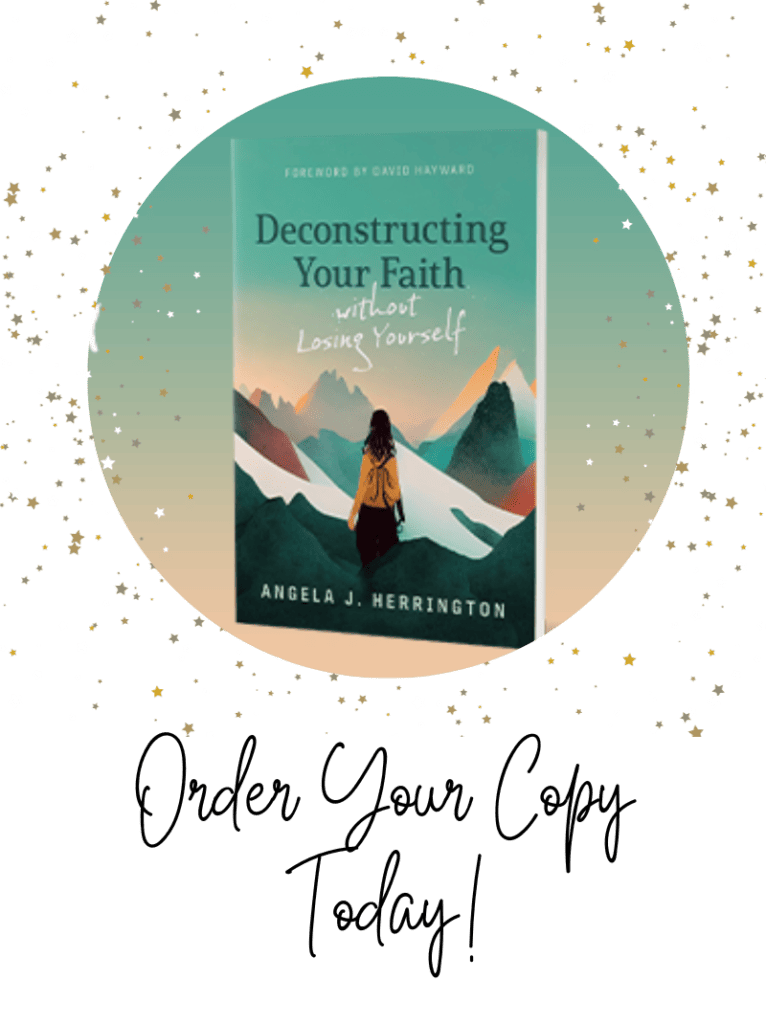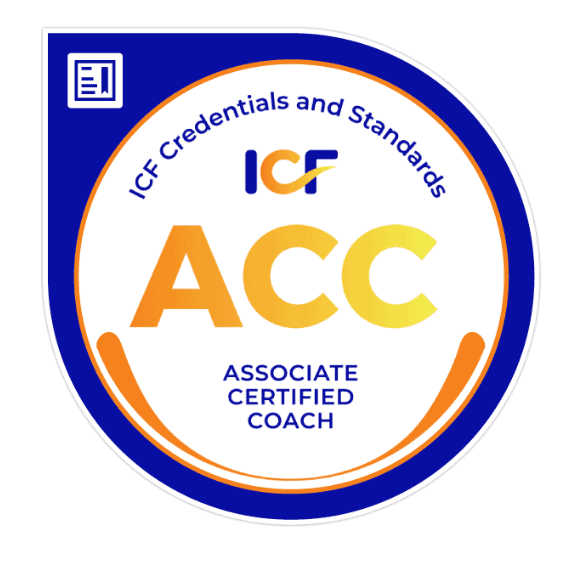Shame, blame, and trauma are an unfortunate part of life.
We all go through shame and trauma. So many of the women that I’ve coached over the last decade have struggled with learning how to get back up after a trauma. How do you learn to trust again? How do you get back to your old self after tragedy hits?
The hardest part about recovering from trauma is getting past blame and shame, because even when things aren’t or weren’t our fault, we always have some level of doubt.
The complexity rises when we’re in a situation where we did play a role, whether we didn’t hold up our end of a relationship or if we didn’t see signs coming that we should’ve seen, or even if we were just in denial or not as present as we should’ve been during a situation. Getting past the blame and shame associated from trauma will take some work, but I want you to know that it can be done, and there is hope! Here are 6 steps for recovering from blame and shame:
1. Get quiet and listen
This really seems counter-intuitive because when we’re feeling shame and things are overwhelming, a lot of times our instinct is to fight back and to protect ourselves. As a result, we go into this heightened state of crisis. We go into fight, flight or freeze mode.
Around here we affectionately call it bear mode. It’s great if a bear is chasing you, but if a bear isn’t chasing you, it’s kind of a waste of energy. So the first thing I want you to do when you’re in the midst of feeling shame is to get really quiet and listen, because when you do that, you can get yourself out of that heightened emotional state and get a better sense of what’s going on. During this time I want you to stop and ask yourself: Where is this panic or heightened emotion coming from? Why am I feeling shame and blaming myself?
2. Acknowledge the hurt
Once you get out of bear mode, I want you to acknowledge the hurt in the midst of your shame.
Bear mode is a response to fear or pain, so acknowledging that fear or pain is a good way to really process what has happened. Dig deeper and ask yourself: “What’s getting stepped on here? Did I hurt someone? Did someone hurt me? Was it mutual destruction? What has happened here?” A lot of times you’ll find that when you think about these really hard situations, what’s being stepped on is actually reinforcing old doubts, narratives, and fears which can make things escalate so quickly. So don’t forget to acknowledge your hurt.
3. Unload the emotion
If you skip any of these steps, please do not skip this one, sister. So many strong women think they can skip this step, but time and time again, I see situations get really toxic if you don’t unload your emotions. I know, it’s scary, it feels vulnerable, but stuffing is only good for turkeys, and you are not a turkey. You are a daughter of The King, so you need to be able to, you have the right, and you have the ability to release your emotions.
Truly allow yourself to feel emotions like anger. Don’t let yourself get stuck in the anger.
Anger really is a secondary emotion, so I want you to move past the anger and find out what is really there. When you got stepped on, when something hurt you, what was the emotion that it stirred up? I want you to identify those emotions and then unpack them, whether it’s through counseling, therapy, coaching, sitting in your prayer closet screaming at God. Whatever it is, unload that emotion so you’re not carrying it around anymore. Because the longer you carry it, the more likely it will fester and create more trauma, more shame, and more blame.
4. Draw the line
Sometimes in life we need to determine our boundaries and where the line in the sand is drawn when it comes to shame and trauma.
Whether it’s a relationship with an extended family member that’s causing all the pain, a job, a school, or a community, I want you to ask yourself how open and vulnerable are you willing to be in that relationship? Sometimes the answer is not at all and it’s time to walk away. Other times preserving some sort of relationship is important, but there needs to be some sort of line drawn regarding how far you will let that person or situation into your life. A boundary doesn’t necessarily have to be an all or nothing thing. It’s simply evaluating how far you are willing to take a relationship and still feel safe.
5. Settle the score
Now when I say settle the score, I’m not talking about getting even. Settling the score isn’t about fighting back or punishing other people. In certain instances of trauma yes, you will have the opportunity to see justice, but other times you won’t. This is not about justice or prosecuting people who’ve hurt you. This is simply about settling debts.
Settling debts with other people, settling debts with God, and settling debts with ourselves. What do I mean by that? It means apologizing when apologies are needed. It means restoring a relationship or re-defining a relationship if needed. And it means if there is forgiveness to be given, to give it, especially if the person you need to forgive is yourself.
All of this is part of the healing process. Do these steps in this order and recognize that sometimes forgiving someone is more about your relationship with God than it is your relationship with the person you’re forgiving. You don’t have to let people cross your boundaries just because you’re forgiving them. You’re still going to maintain those healthy boundaries, which is why drawing the line comes before offering forgiveness.
6. Get back up
Perhaps the hardest part of recovering from shame and trauma is getting back up.
Trauma is so incredibly painful, but no matter what you’ve been through, we all have to find a way to move forward. You can’t stay down forever. Doing so is simply punishing yourself for something that may or may not have actually been your fault. If it is something that is your fault, punishing yourself by hiding or withholding forgiveness is only going to hurt you more, and that’s not the restoration that God has in mind for you. So set your boundaries, forgive who you need to (even if that person is you), apologize if you need to. Then keep on going, sister.
What about you? Have you experienced a lot of trauma in your life? Do you have anything else you would add to this? If so, let me know in the comments! And if you’re looking for a community of powerful, faith-led women who will have your back on your journey to healing, don’t forget to join our group, Christian Women Who Lead.

Angela is a Faith Deconstruction Coach and host of The Deconstructing Faith Summit who helps people break free from toxic religious culture & empowers them to recover from #churchhurt. She has led online ministries for a decade, enjoys working with clients 1:1, in groups, and is a dynamic conference speaker. She’s a Lark’s Song Certified Life Coach who reaches thousands of people in 40+ countries each month on Facebook, IG, Twitter, Pinterest, and her blog.
She’s a firstborn, Enneagram 8, Gen Xer who loves to question everything. She holds a BA from Indiana Wesleyan and a Masters in Leadership from Wesley Seminary. Her graduate research project focused on leadership development and opportunities for Gen X women in the US church.
Angela and her unique online ministry are featured in Lyz Lenz’s 2019 book God Land: Story of Faith, Loss, and Renewal in Middle America. She has published articles in Hope for Women and HOPE is Now magazines. She has been featured in The New Republic, Publisher’s Today, and Religion News Service.
Her first book, Deconstructing Your Faith Without Losing Yourself, Will be published by Eerdmans in February 2023.
Angela is also a wife, mom to 5, and a proud resident of Marion, Indiana with her family when they’re not traveling the US in their RV.





